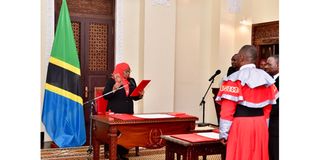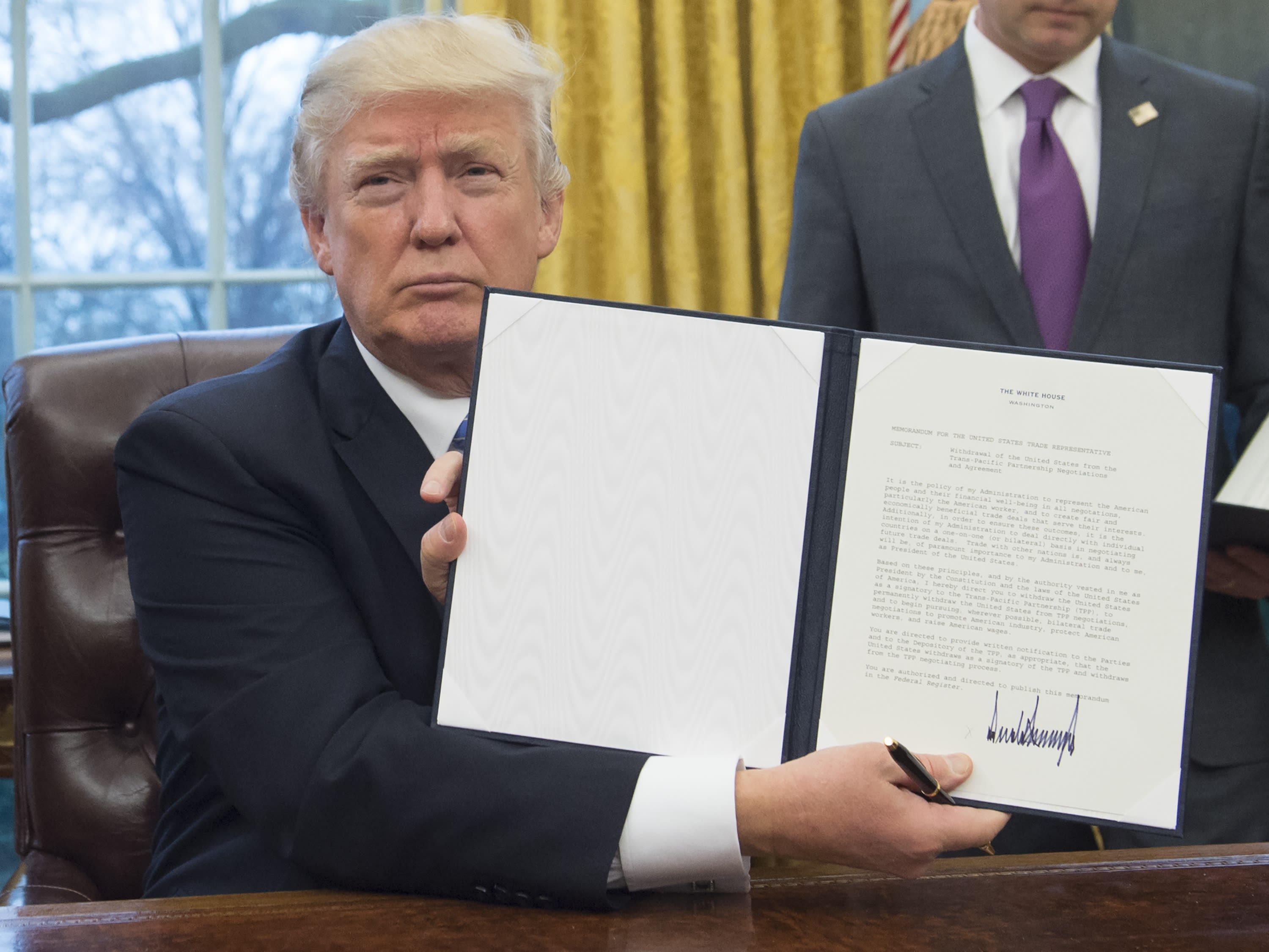Tanzania and its ‘accidental’ presidents

President Samia Suluhu Hassan has been described by some commentators as an “accidental” president courtesy of the circumstances through which she rose to power. PHOTO | COURTESY
What you need to know:
- It is peculiar that the majority of those who have led the country so far are individuals who never sought power in the first place
President Samia Suluhu Hassan has been described by some commentators as an “accidental” president courtesy of the circumstances through which she rose to power. Even the president herself has variously described her ascendancy to the country’s top job in the same way. While none of her predecessors has ever been described as an “accidental” president, the reality is that she in good company both in the region and at home where the majority of her predecessors were “accidental” presidents regardless of whether they were voted into office or not.
Oftentimes, “accidental” presidents are associated with either the death or resignation of their predecessors in office.
However, in Africa, accidental presidents can be a product of other factors than their predecessor’s death or resignation. In a continent where the ballot box is not the only avenue to political power, there are countless examples of power changing hands violently and ending with the death of an incumbent or his fleeing to safety to another country.
Africa is home to all sorts of accidental presidents.
Gabon’s former longest ruling president Omar Bongo Ondimba came to power after the death of his predecessor, Léon Mébiame Casimir Oyé-Mba. However, Bongo was chosen by former colonial power, France, after his predecessor had survived an attempted coup and a kidnapping. The French opted for Bongo as insurance to the ailing Mba. There was Daniel arap Moi in Kenya or Goodluck Johnson in Nigeria or Salva Kiir in South Sudan.
Then there are accidental presidents through elections.
The Gambia’s Adama Barrow secured a shocking victory in 2016 against an autocrat incumbent in Yahya Jammeh in an election no one expected the then-opposition candidate to actually win power. The situation was such that the election victor was forced to flee his country and was sworn in from the safety of a neighbouring country.
Then there is DR Congo’s Félix Tshisekedi who was a surprise winner of presidential elections held in 2018. Those who had agitated for elections thought another opposition candidate had ‘won’ the polls.
In Tanzania, minus Mwalimu Nyerere and Jakaya Kikwete, the other presidents were all accidental even though they won elections. The starting point should not be them being elected but the circumstances which led to their nominations as presidential candidates.
These men, Ali Hassan Mwinyi, Benjamin Mkapa and John Magufuli, though in the public service for decades before they assumed the presidency, none of them was a quintessential politician. The two who wrote their autobiographies painted a picture of politicians who were never ambitious or dared to dream for the country’s presidency.
None of all these three individuals was a frontrunner in election years within CCM to replace the incumbent. In the case of former president Mwinyi, many factors within CCM conspired to propel him to the presidency, especially the sharp ideological disagreements within opposing camps in the ruling party coupled with the tumultuous political climate that catapulted him to the Zanzibar presidency.
Even then, he had never gazed at the Union presidency. Former president Mkapa’s run for the presidency was not even considered top news when he picked up nomination forms in 1995. In the wider public no one considered him a serious contender for the throne until; once again, CCM’s internal political dynamics dictated which candidate will be placed to the rest of the country. He had no name recognition and was no political heavyweight and was still relatively unknown to the rest of the country at the time election campaigns started compared to his main challenger.
In 2015 when CCM almost drove itself from power after decades of political madness, allegations of corruption and bitter factionalism, former president Magufuli was not among the leading candidates. Though he had name recognition, it is impossible to see a Magufuli winning CCM’s nomination for president, say in 2005 or 1995.
Some of the warring factions within CCM sought survival first and opted for a compromise candidate. He had no extensive political network or backing within the party and struggled to get enough CCM members to endorse him as the party’s presidential candidate in some regions. Many times he said as much, that he never sought the presidency but ended up being elected anyway.
It is peculiar that the majority of those who have led the country so far are individuals who never sought power in the first place. Perhaps, it is no accident after all that, barring a few characters, the majority of the country’s politicians are a very staid lot.



